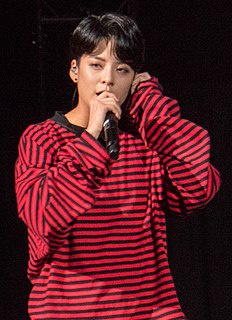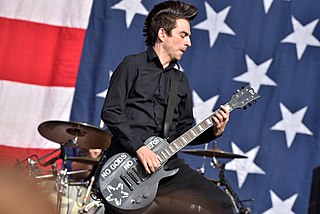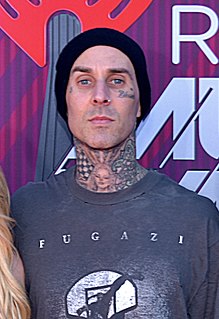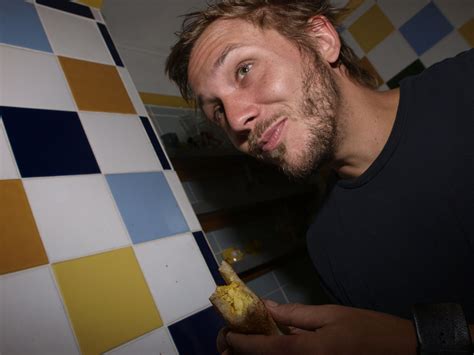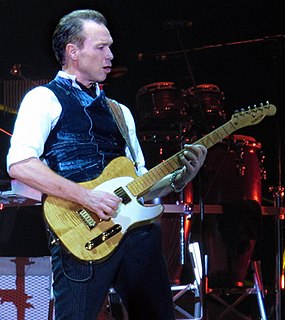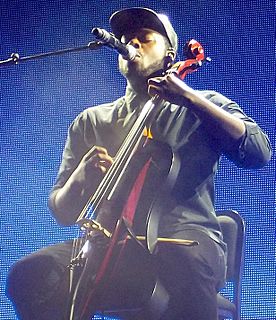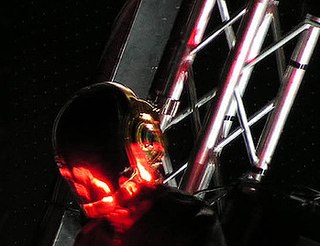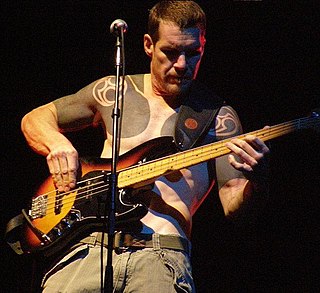A Quote by Steve Albini
The single best thing that has happened in my lifetime in music, after punk rock, is being able to share music, globally for free.
Related Quotes
The music industry went through such a strange stretch in 1977, especially in this country, with the whole punk rock thing coming about. Punk was rebellious-and justified in that response-but it had very little to do with music, and so it created a highly-charged but frighteningly floundering atmosphere that I found very, very disheartening. Musical quality for me has always been an important part of rock'n'roll-and winning recognition for that has long been an uphill battle all the way. Punk seemed like rock'n'roll utterly without the music.
People ask me: ‘What is punk? How do you define punk?' Here's how I define punk: It's a free space. It could be called jazz. It could be called hip-hop. It could be called blues, or rock, or beat. It could be called techno. It's just a new idea. For me, it was punk rock. That was my entrance to this idea of the new ideas being able to be presented in an environment that wasn't being dictated by a profit motive.
When I'm representing my music live I think of it very much in a rock band sense. When I first started doing festivals in the 90s there really weren't other DJs playing the stages I was playing. So I felt I was being afforded an opportunity to kind of make a statement about what DJ music can be live. In the 90s, if you were a DJ you were in the dance tent, and you were playing house music and techno music. There was no such thing as a DJ - a solo DJ - on a stage, after a rock band and before another rock band: that just didn't happen.


